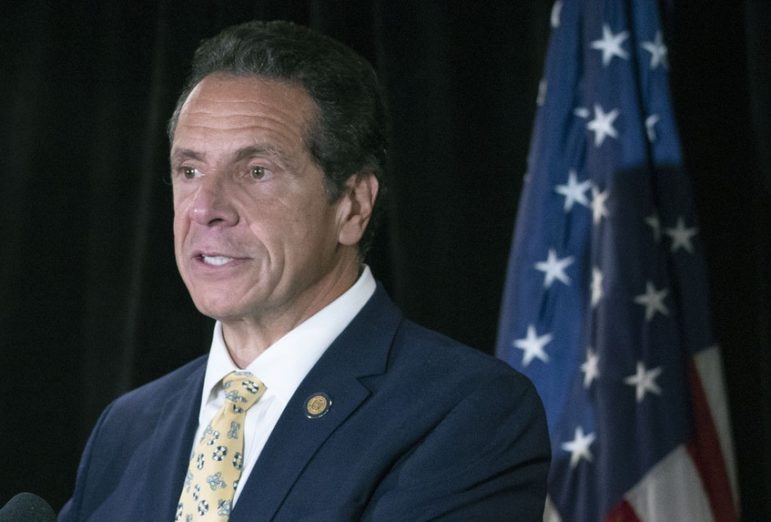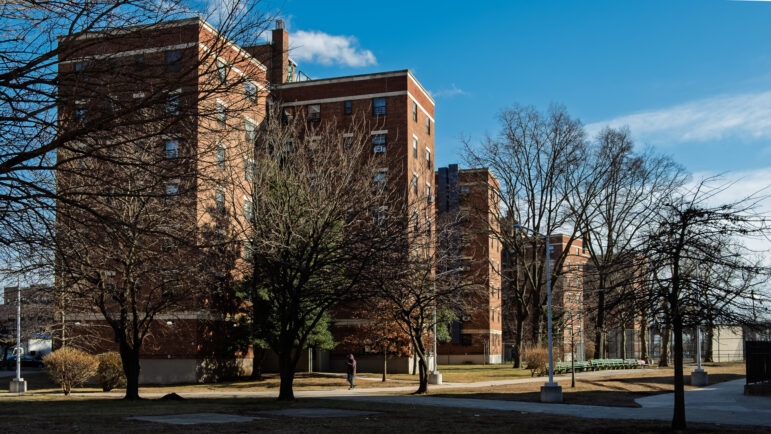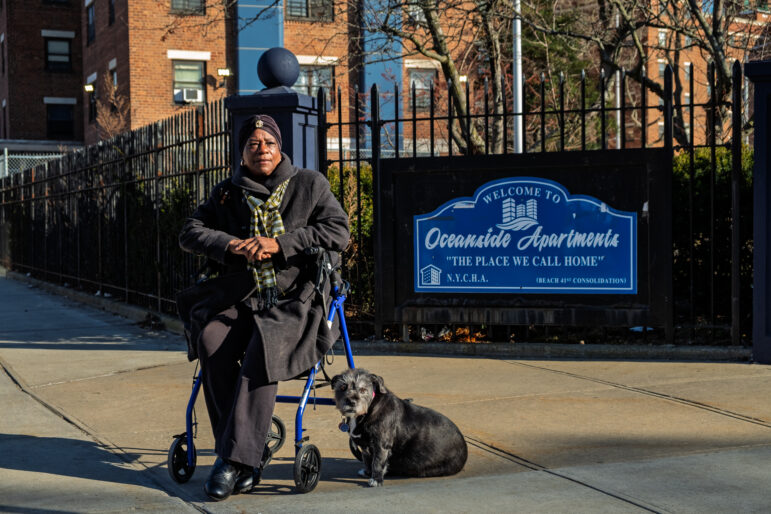One of the biggest decisions made by the Democrat-controlled New York State legislature last spring was not to decide.
While the Assembly and Senate took on big topics like criminal justice reform, reproductive rights, farm-work conditions and rent regulations in the traditional way—someone wrote a bill, and the other duly elected lawmakers voted on it—the legislature took a different approach to the key progressive goal of campaign finance reform: It largely outsourced the task to a commission whose unelected members were given the authority to craft a system by December 1 that, unless the legislature acted to overturn the proposal within 20 days, would become state law.
The justification for doing so was that designing the mechanics of a new financing system was too detail-oriented for the legislative process. The knock against the move was that lawmakers were trying to shirk responsibility for changes that would have clear winners and losers. What’s more, as the commission took up its work late in the summer, it appeared it was—either by design or coincidence—going to be weaponized by Andrew Cuomo in his ongoing feud with the Working Families Party. (Despite being the WFP’s gubernatorial candidate in each of his three runs for governor, and going back to his 2006 campaign for attorney general, Cuomo and the WFP have been at odds for years.)

Office of the Governor
Gov. Cuomo has said he plans to seek a fourth term in 2022, when he’d have to play by the new campaign-finance rules. Fortunately for him, at last report he had $8.3 million in the bank to apply to that race, roughly equivalent to what his 2014 and 2018 Republican opponents, together, raised during their entire candidacies.
The commission’s report, which was released last week, lends some credence to each of those takes.
It does wrestle with very intricate details of campaign financing, like trying to reduce the state’s sky-high contribution limits without leaving candidates vulnerable to independent expenditures, in creating a system that shifts power significantly towards small donors. It will make it much harder for all third parties, including WFP, to exist. And the legislature seems unlikely to take any action to stop the plan from becoming law.
On Wednesday’s Max & Murphy Show, we heard from state Democratic leader Jay Jacobs, a member of the commission and an ally of the governor, and Jessica Wisneski, direction of Citizen Action of New York, one of the institutions that helps direct the WFP.
Jacobs explained the commission’s moves to lower contribution limits but still leave them relatively high, deny matching funds for out-of-district donations, and leave unresolved issues surrounding donors who do business with the state or largely unregulated state party accounts. He also denied that the move to require a party that wants to stay on the ballot to get 130,000 votes or 2 percent of total votes in every gubernatorial and presidential year (a significant tightening of the current rule, which requires 50,000 in gubernatorial years) was aimed at the Working Families Party.
Wisneski dismissed those arguments, and said WFP was calling on state lawmakers to reject the plan.
If legislative and legal recourses do not derail the changes, WFP will be in a fight for its life in 2020 and again two years later. Cuomo is likely to be on the ballot again in 2022, meaning the party will once more have to decide whether it has to nominate their enemy in order to fight another day.
With reporting by Xavier Means
Listen to Max & Murphy every Wednesday at 5 p.m. on WBAI or follow the podcast on SoundCloud, Spotify, Apple iTunes, Stitcher or Google Play.








